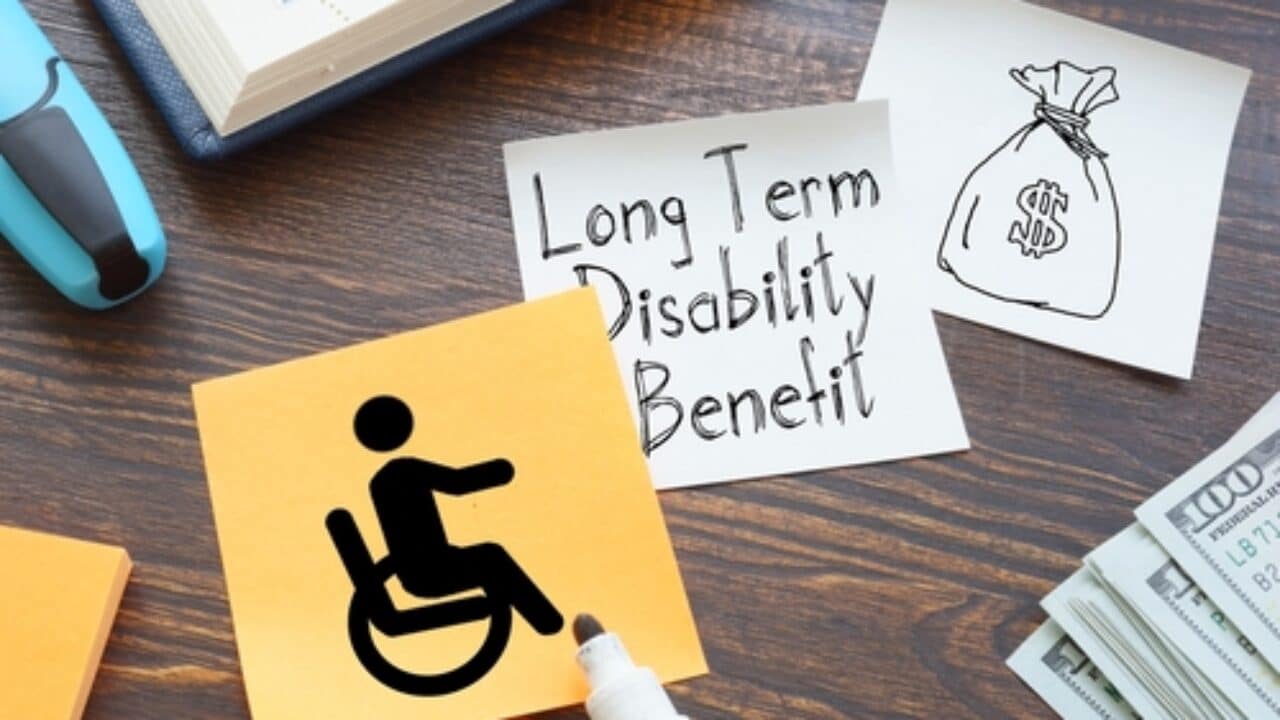
Long-Term Disability
Long-term disability (LTD) refers to a condition where an individual is unable to work for an extended period due to a serious injury, illness, or chronic condition. Long-term disability insurance provides financial support by replacing a portion of the individual’s lost income, helping cover daily expenses when they cannot earn a living. LTD claims can be complex, involving extensive medical documentation and sometimes leading to disputes with insurance providers. At 770GoodLaw, we assist clients in navigating long-term disability claims, advocating for their right to fair and timely benefits.
Types of Long-Term Disability Coverage
Long-term disability coverage can vary based on the policy and the source of the insurance. Common types of LTD coverage include:
- Employer-Sponsored LTD Insurance: Many employers offer group long-term disability insurance as part of employee benefits. This coverage may have specific terms and limitations, often paying between 50% to 70% of the employee’s pre-disability income.
- Individual LTD Insurance Policies: Individuals can purchase their own long-term disability policies outside of employer-sponsored plans. These policies may offer more flexibility and higher payout rates but typically come with higher premiums.
- Social Security Disability Insurance (SSDI): In addition to private LTD coverage, individuals may qualify for Social Security Disability Insurance if they meet specific criteria set by the Social Security Administration (SSA). SSDI is separate from private insurance but can supplement LTD benefits.
Common Conditions Covered by Long-Term Disability
Long-term disability benefits may apply to a wide range of conditions, provided they prevent the individual from performing their job duties. Common conditions include:
-
Chronic Illnesses: Severe conditions like cancer, cardiovascular disease, and kidney disease often prevent individuals from working long-term.
-
Musculoskeletal Disorders: Conditions affecting mobility and physical ability, such as arthritis, back injuries, and degenerative disc disease, can qualify for LTD benefits.
-
Mental Health Disorders: Severe mental health conditions, including major depression, bipolar disorder, and anxiety disorders, may be covered if they impede the individual’s ability to work.
-
Neurological Disorders: Disorders like multiple sclerosis, Parkinson’s disease, and epilepsy can lead to long-term disability if they limit cognitive or physical function.
-
Injuries Resulting in Permanent Impairment: Injuries from accidents, including traumatic brain injuries and spinal cord injuries, may qualify for long-term disability if they result in lasting impairments.
Filing a Long-Term Disability Claim
Filing a long-term disability claim requires detailed documentation and adherence to specific deadlines. Key steps in the claims process include:
- Understanding the Policy Terms: Reviewing the policy’s terms and conditions helps clarify coverage, including the definition of disability, waiting periods, and percentage of income replacement.
- Gathering Medical Documentation: Comprehensive medical records, including diagnosis, treatment plans, and physician statements, are crucial for establishing the severity of the condition and its impact on the individual’s ability to work.
- Filing the Initial Claim: The individual submits a claim to the insurance provider, including all required documentation and forms. The insurer then reviews the information to determine eligibility.
- Following Up on the Claim: Regular communication with the insurance provider can help expedite the claims process and address any additional documentation requests.
- Handling Appeals, If Necessary: If the insurer denies the claim, an appeal may be filed, often requiring additional evidence and potentially legal support to challenge the denial.
Challenges in Long-Term Disability Claims
Long-term disability claims can be challenging due to the complex criteria for eligibility and the potential for disputes with insurance companies. Common issues include:
-
Strict Definitions of Disability: Some policies define “disability” in narrow terms, requiring proof that the individual is unable to perform any job, not just their previous role.
-
Requirement for Objective Evidence: Insurers may request objective evidence, such as medical imaging or diagnostic tests, to support the claim, which can be challenging for conditions that are difficult to quantify.
-
Claim Denials: Insurance providers may deny LTD claims for various reasons, including insufficient medical evidence, missed deadlines, or claims of non-compliance with treatment.
-
Reduction of Benefits Due to SSDI: Some LTD policies offset benefits by the amount the individual receives from SSDI, which can lower the overall monthly benefit.
How 770GoodLaw Assists Clients with Long-Term Disability Claims
At 770GoodLaw, we understand the financial and emotional stress that long-term disabilities impose. Our attorneys work diligently to help clients navigate the complex LTD claims process, advocating for fair benefits and handling appeals if necessary. Our approach includes:
- Reviewing Policy Details: We thoroughly review the terms of the LTD policy to clarify coverage, waiting periods, and required documentation.
- Gathering Comprehensive Medical Evidence: Our team works with clients to compile detailed medical records, physician statements, and any necessary expert testimony to support the claim.
- Filing and Managing the Claim: We assist clients in filing claims accurately and on time, following up with insurers to ensure the claim is processed promptly.
- Challenging Denied Claims: If the claim is denied, we help clients understand the reason and gather additional evidence or file an appeal, advocating for their right to benefits.
Importance of Legal Representation in Long-Term Disability Claims
Legal representation can be invaluable in long-term disability claims, especially when dealing with complex policies, extensive documentation requirements, or claim denials. Skilled attorneys ensure that clients’ claims are filed correctly, provide comprehensive evidence, and challenge unfair denials. At 770GoodLaw, we provide dedicated support for clients navigating long-term disability, working to secure the benefits they need to maintain financial stability.
Why Choose 770GoodLaw for Long-Term Disability Claims
Our commitment to Relentless Reliability and Sincetegrity drives us to provide thorough, client-centered support in long-term disability claims. At 770GoodLaw, we work tirelessly to help our clients obtain the benefits they deserve, ensuring their financial security during challenging times.


